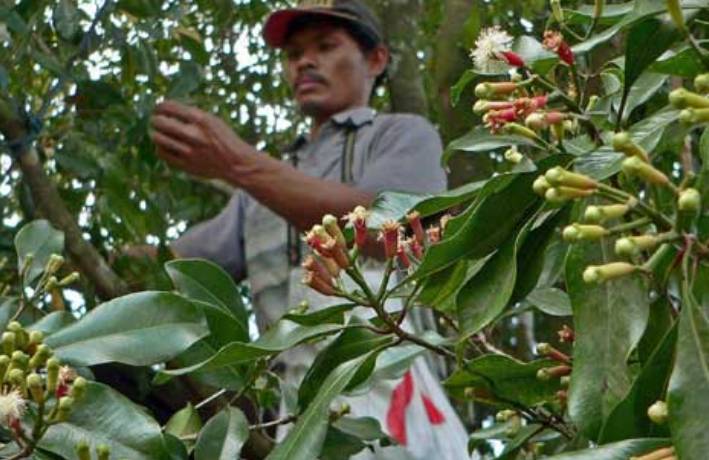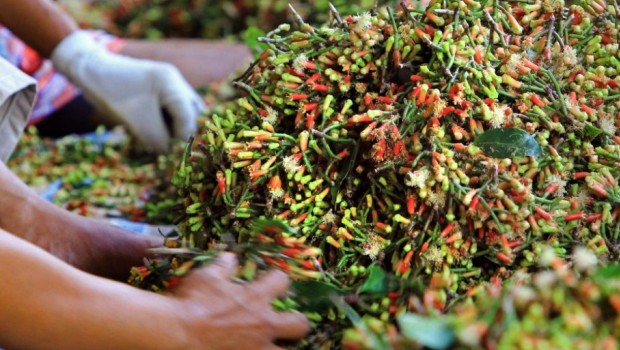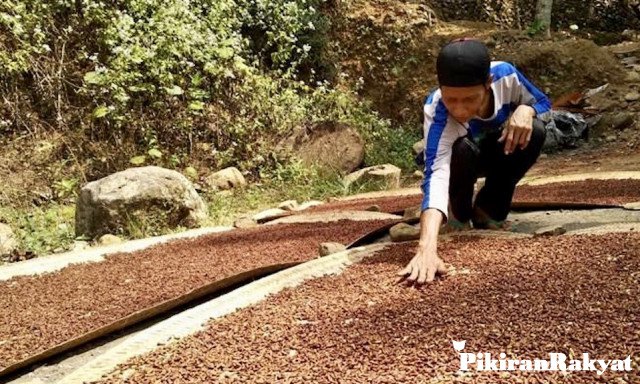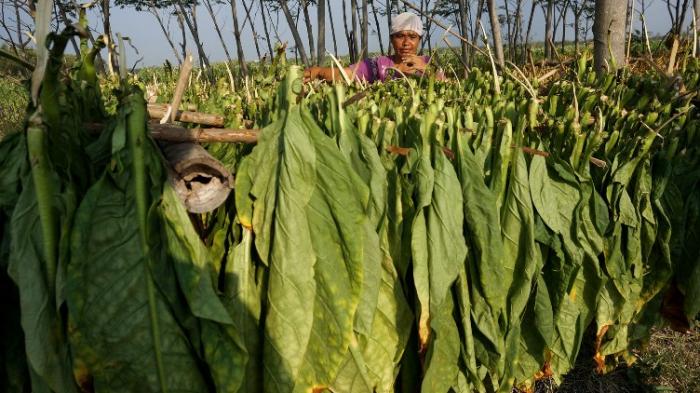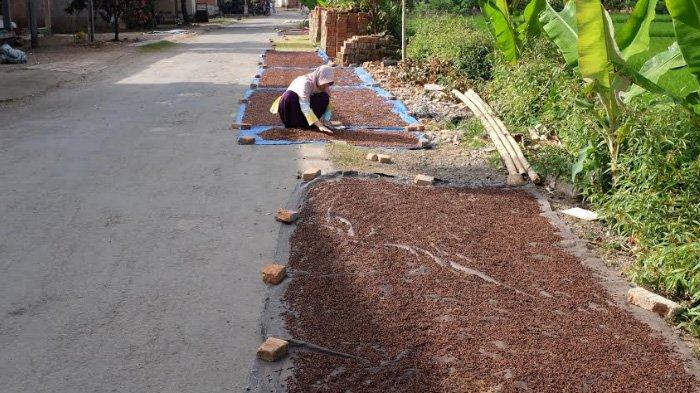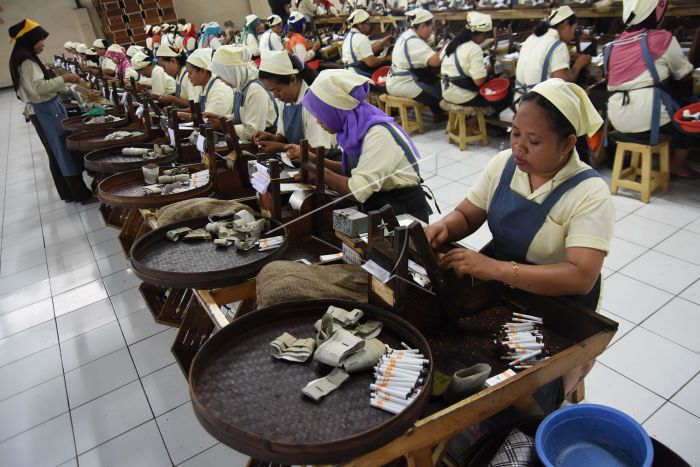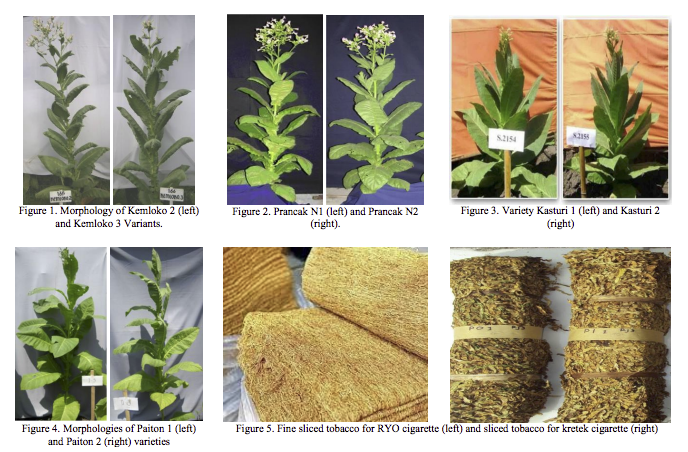They are plonked into the sides of our Christmas hams, used in perfumes, cigarettes and herbal medicines, but who actually grows cloves?Volume 90%
There is no commercial clove production in Australia, meaning it is all imported from the warm, humid climates of places such as Sri Lanka, Tanzania and Indonesia – which is the world’s largest producer.
ABC Rural spoke to Rezki Syahrir from Indonesia, who grew up on his family’s clove plantation in Sulawesi.
A family business
Native to the Maluku Islands of Indonesia, cloves are one of the reasons the region is known as the Spice Islands.
The aromatic flower is typically found in central and eastern parts of Indonesia, where it is harvested during the dry season months of June, July and August.
“It’s mostly grown by family farms and it’s mostly run by the older people not the younger generation, which will be quite a problem in the future, I think,” said Rezki Syahrir.
“It’s all harvested by hand, so the farmers have to climb up their ladders made of bamboo. There’s no safety equipment, they just climb the traditional ladders to get the cloves. It can get fairly dangerous.”
According to the ASEAN Clove Spice Association, Indonesia producers around 73,000 tonnes of cloves each year, which is roughly 80 per cent of the world’s production.
Mr Syahrir said the clove industry was expecting a big harvest in 2015 and it had become a more profitable crop for Indonesian farmers.
He said growers were now getting up to $15 a kilogram, compared to just $1 a kilogram which his family used to get a decade ago.
Mr Syahrir said growers pick the spicy-sweet cloves before they get too red in colour to maintain quality, and from there it is sold to large companies for processing.
“Farmers don’t really know where the cloves end up. The big companies in the city buy them from the family farmers and they process them and sell to export market and also domestic market,” he said.
“Traditional farmers don’t have processing plants, so they simply take the stem, drying the cloves in the sun, and sell it to larger companies.”
Rezki Syahrir said clove trees normally start producing after three years and will continue producing cloves for decades.
He said trees need good soil, the right climate and at least 1,500 millimetres of rain a year.
Popular in cooking, cloves, including the stem and dry fall leaves, can also be distilled to make clove oil, a popular product for households battling mould.
Source: ABC



